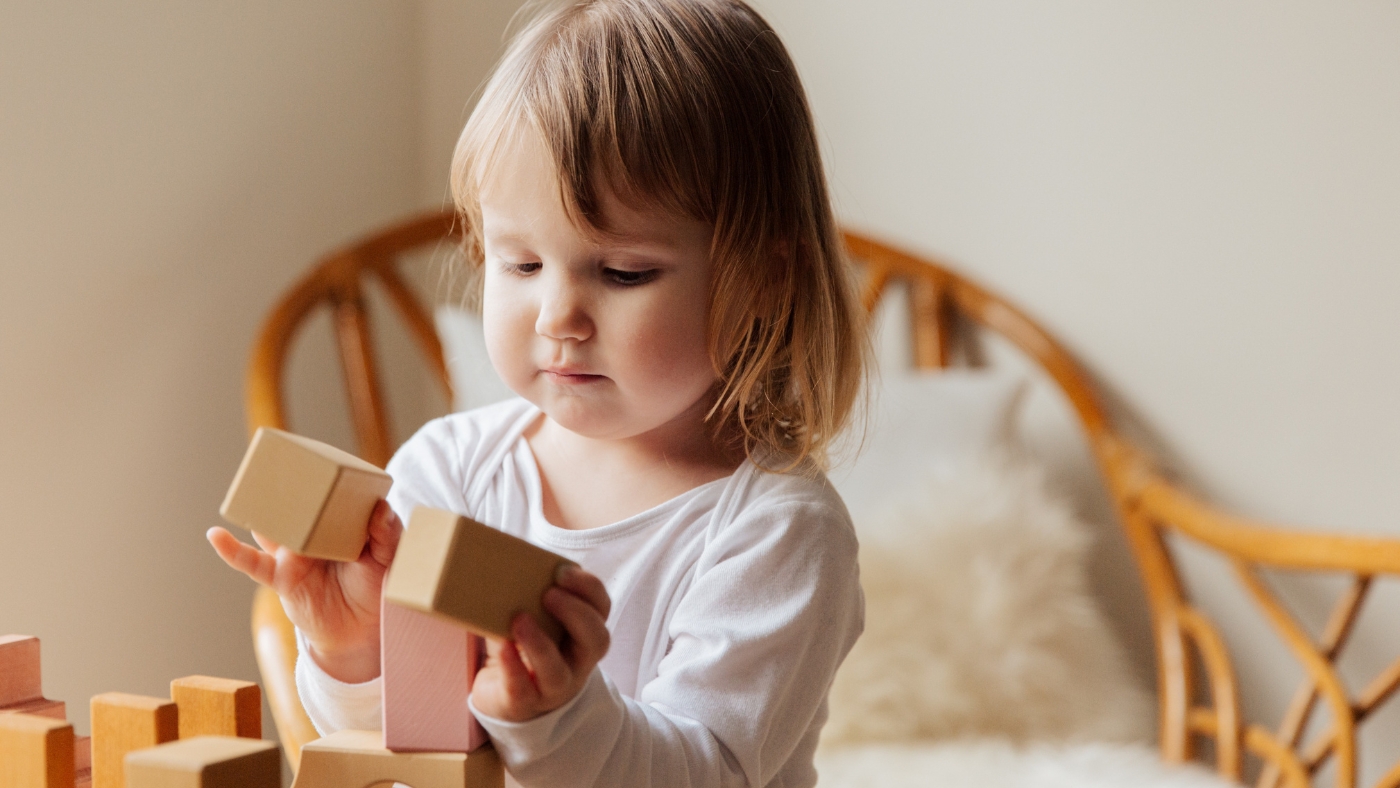
As a parent, choosing a method of education for your child can feel daunting. You want to ensure that your child receives the best education possible, one that will set them up for success in the future. One method that is growing in popularity is the Montessori method of education. Although the Montessori method is not for everyone, it does provide some significant benefits for toddlers.
In this blog post, we’ll take a closer look at the benefits of Montessori education for toddler development. We’ll explore what Montessori is, what makes it different from traditional education, and the impact it can have on your child’s development. By the end of this blog, you’ll be better equipped to decide whether Montessori education is the right choice for your child.
The Montessori Method Explained
The Montessori method is named after its founder, Dr. Maria Montessori, an Italian physician and educator. In the early 1900s, Dr. Montessori developed a unique approach to education that focused on promoting independence, freedom, and respect for the child.
In a Montessori classroom, children are free to choose their activities and explore materials at their own pace. The teacher serves as a guide, providing support and guidance as needed but allowing the child to lead their own learning.
Individualized Learning
One of the key benefits of Montessori education for toddlers is its emphasis on individualized learning. In a traditional classroom, children are taught the same subjects at the same time, regardless of their individual needs and abilities.
In a Montessori classroom, children work individually or in small groups, allowing each child to progress at their own pace. This approach can help children build confidence and develop a love for learning, as they are not limited by their year-level or the pace of their peers.
Focus on Practical Skills
Another important aspect of the Montessori method is its focus on practical skills. In a Montessori classroom, children are exposed to a wide range of practical activities, such as pouring water, sorting materials, and preparing food.
These activities are designed to help children develop fine motor skills, hand-eye coordination, and concentration. They also teach children important life skills that they will need as they grow older, such as self-care, cooking, and cleaning.
Encourages Self-Discipline
Self-discipline is a trait that is essential for success in life, yet it can be difficult to teach. In a Montessori classroom, children learn self-discipline through their work. By being given the freedom to choose their activities, they learn to focus their attention, complete tasks, and take responsibility for their own learning. This can lead to increased self-esteem, self-confidence, and intrinsic motivation.
Promotes Social and Emotional Development
Finally, Montessori education also promotes social and emotional development in toddlers. Children in a Montessori classroom are encouraged to work together, share materials, and respect each other’s workspaces.
By doing so, they learn important social skills such as cooperation, empathy, and conflict resolution. They also develop important emotional skills such as self-regulation, emotional awareness, and resilience.
If you’re considering Montessori education for your toddler, it’s important to do your research and make an informed decision. While the Montessori method is not for everyone, it does offer some significant benefits for toddler development. From individualized learning to practical skills and self-discipline, a Montessori education can give your child the tools they need to succeed in life.
If you’re interested in learning more about Montessori education or finding a Montessori school in your area, be sure to do your research and speak with other parents who have had experience with this method of education.



